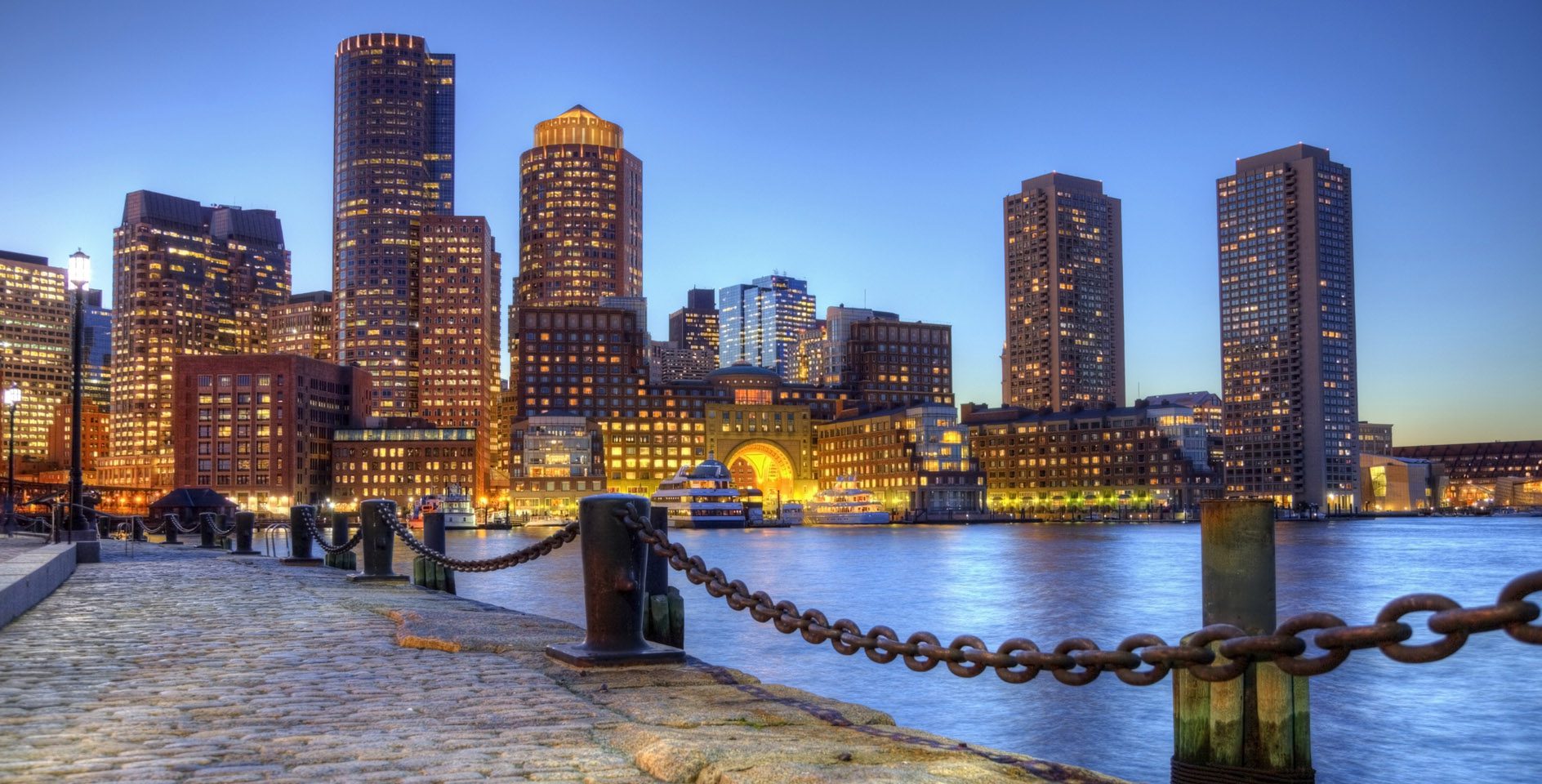As a general rule, it is a bad idea for government to regulate religious activity. Neither the church, nor the state, are well equipped to meet the other’s objectives or obligations. And for this reason, society is better served when each entity operates with a healthy respect toward the other’s realm of authority. In fact, the encroachment of these boundaries almost always represents a serious threat to civil liberties—thus the Establishment Clause of the Constitution intentionally prohibits such incursions. But when the state is itself a willful actor in the progressive effort to effect social change, there is apparently little time for these concerns.
The state of Massachusetts has, for many years, been leading the charge of the progressive movement in terms of policy and legislation meant to both legalize and normalize various aspects of the sexual revolution. The recently published Gender Identity Guidance, an official document detailing enforcement of a new statewide anti-discrimination law, only furthers this trend. As published, the Guidance contains a multitude of troubling instructions, but of particular concern is the direct threat it poses to religious freedom in the state.
The anti-discrimination measures in the document are so restrictive that in certain cases they would not only require many religious institutions in the state to alter specific practices, but would interfere with the ability of these institutions to advocate particular theological beliefs. Clearly this is a monumental issue.
The Guidance does not threaten religious exercise head on, but instead insists that religious organizations such as local churches, would be subject to these restrictions when operating in a “secular” capacity. According to the document, “places of public accommodation may not discriminate against, or restrict a person from services because of that person’s gender identity.” And while local churches are apparently not considered “public accommodations” when hosting distinctly sacred or spiritual events, that protection falls away “if it holds a secular event, such as a spaghetti supper, that is open to the general public.” This is problematic for many reasons.
In the first place, the state lacks a compelling interest to determine which of a religious organization’s activities might be designated as secular. Indeed, many religious persons like myself would deny that such a dichotomy even exists. But moreover, the state is supposed to respect the right of religious institutions to exercise their autonomy—this is, after all, what the “free exercise” of religion means. Setting up a regulatory agency as de facto arbiters of religious practice is nonsensical and profoundly ignorant. To avoid such category errors, the agency would see churches coerce participants at every event into observing obligatory rituals in order to satisfy the state. Make no mistake, this would soon spell the death of religious freedom in Massachusetts.
And it gets worse. In those cases when religious institutions are considered public accommodations, they will bear responsibility for implementing the full slate of anti-discrimination measures. According to Massachusetts’s law, any person is free to use the bathroom or changing facility that is most consistent with his or her gender identity. This means that in these instances, “churches can be forced to let biological males who identify as transgender women use the women’s bathroom” despite their religious or personal objections. Additionally, the same circumstances would force religious institutions to embrace—and insist that even congregants adopt—new language regarding gender identity. According to Eugene Volokh, the Guidance is clear that “church leaders have to use the words that the law requires, even when they view them as false or even blasphemous, and have to suppress offensive speech by their congregants.” And in both these cases, whether restrooms or gender pronouns, holding fast to biblical convictions may require religious persons to suffer the full penalty of law.
These are outrageous demands. Not surprisingly, the document was published by the Massachusetts Commission Against Discrimination (MCAD)—“the state’s chief civil rights agency.” To expand protections for transgender persons and others with gender dysphoria, the state of Massachusetts has determined that the rights of these individuals supersede the rights of religious persons and institutions. But this is about more than civil liberties. As Al Mohler pointed out on The Briefing, “It is about the redefinition and indeed the denial of religious liberty in our time.”
The culture is growing increasingly hostile to traditional beliefs about gender and sexuality. This Guidance represents another attempt to silence the opponents of the sexual revolution. But as evangelicals, we aren’t advocating these views for the sake of argument. We stand for the truth about gender, marriage, and sexuality because we believe that the gospel is at stake. As we discuss these issues, we honestly believe that heaven and hell hang in the balance. And we open our mouths, despite the increasingly hostile cultural opposition, out of obedience to Jesus and love for our neighbors.
Indeed, we will not be silent about these issues, but we need more than outrage. We need more than private indignation. We need more than Tweetstorms or articles shared on Facebook.
Here are three things we desperately need:
- Prayer: Prayer for America is often called for and seldom accomplished. I would ask you to pray for our nation, pray for our leaders and pray for God’s mercy to allow the light of the gospel to do its work.
- Advocacy: Believe it or not, there are countless people working right now to protect religious freedom in America. Actively support the work of those seeking to preserve and expand these protections and consider how you might be involved in advancing this goal.
- Resolve: America is changing, and we do not know to what extent opposition to our beliefs may grow. But what we do know is that our allegiance and our conscience belongs to Christ before the government. The day may come when we must choose. Pray for the resolve to withstand any such trials.










